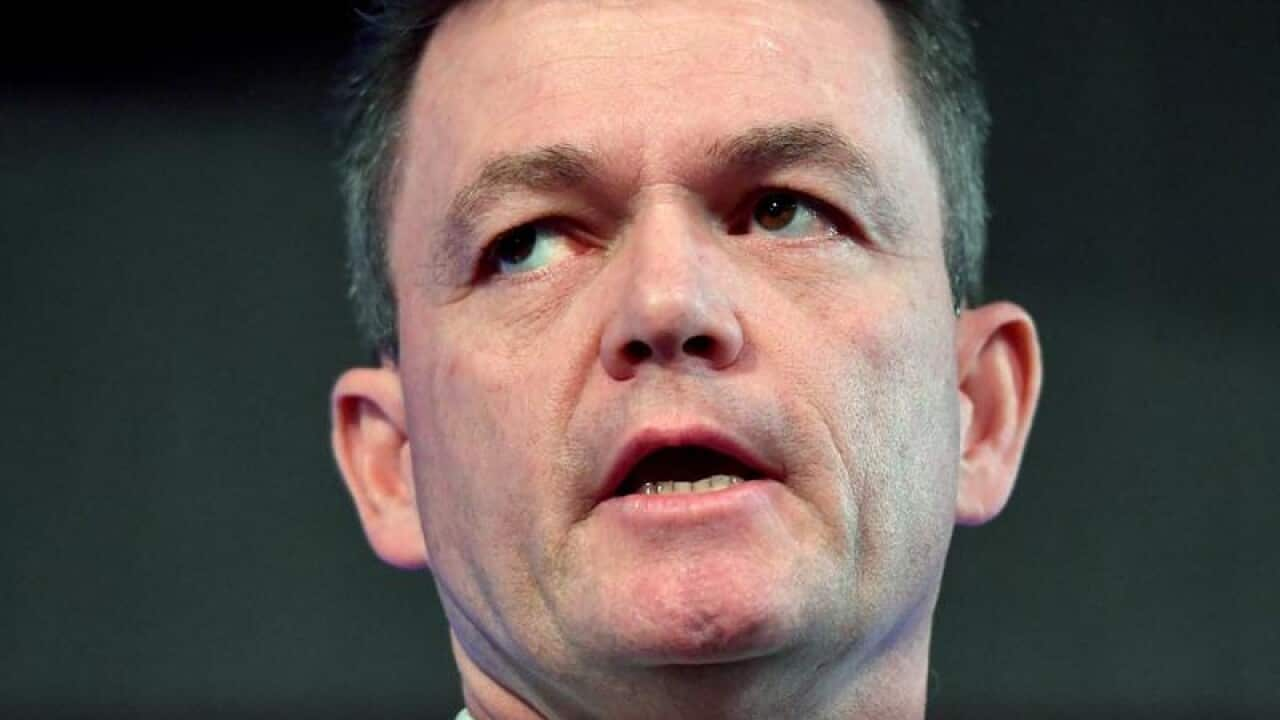Travellers around the country will see airport security return to normal levels but there will be some "enhanced" measures, Prime Minister Malcolm Turnbull has announced.
It comes after the aviation threat level was raised to "probable" last week in the wake of a thwarted alleged terror plot to bring down a plane departing Sydney Airport.
"The threat to aviation will be restored to the level it was a week ago," Mr Turnbull told reporters on Thursday.
However, there will be boosted security measures, he added.
"There will be continued enhanced security measures. Some of them will be obvious travellers, some will not," Mr Turnbull said.
The Prime Minister would not expand on how the measures would be modified but said it would be through "technology and good management".
"They are going to continue to be enhanced, but they will be modified in a way that will cause less delays to the travelling public."
Mr Turnbull said the threat to airlines had been "disrupted and contained" by security and intelligence agencies.
He advised travellers to continue arriving two hours early for domestic flights, and three hours early for international flights, but expected those waiting times to come back down to the usual over the coming days.
Meanwhile, transport minister Darren Chester has offered to meet with the Australian Airline Pilots Association to address their concerns ground staff at airports could be a weak link in aviation security.
The union argues that baggage handlers, caterers and cleaners, who generally do not need to pass through security scanners, should be subjected to tougher screening.
“If they have genuine concerns, I’m very happy to sit down and talk to them and work our way through any concerns they may have,” Mr Chester told ABC Radio.
“The correct way to do it is to raise it with me.”
The union is questioning why ground staff are not checked as thoroughly as passengers, crew or even the union’s 5,000 members.
“People who do have access to the aircraft should have the same level of screening as people who come through the terminal,” Union President Murray Butt said.
“Not everybody is screened. They don’t do any explosives detection. Most people don’t have to pass through an X-ray.”
Senator Nick Xenophon, who led a recent inquiry into aviation security, will urge the government to plug the screening gap when parliament returns next week.
“I have great respect for the work that ground crew at airports do, but this loophole fails to pass the most cursory of pub tests," he said.
But the transport minister has not said whether the government would move to screen ground staff.
Mr Chester said those workers were already required to carry an Aviation Security Identity card, which requires a national security and a criminal background check. He said the government was toughening up the regulations around the card.
“Let me reassure the Australian travelling public that we have robust security measures in place to prevent an attack against the aviation system, whether that be through a passenger or through a trusted insider,” the minister said.
Related reading

AFP boss confident in airport security
More than 60 organisations and companies can issue aviation and maritime security identification cards, with the Australian Federal Police warning the more people who can dish them out, the more vulnerable they become.
There are 250,000 aviation and maritime security cards issued but the regulator responsible cannot say how many workers have ceased employment and not given their cards back.
The passes are issued by organisations including airlines, the immigration department and port operators, and while the Office of Transport Security runs card-return campaigns, nobody has ever been fined for refusing.
The agency is investigating adding biometrics to security cards and cutting the number of issuers.
It is also boosting screening of airport staff working in restricted areas, expanding the scope of background checks and forcing those who issue ID cards to verify identities face-to-face.
Anyone with links to serious or organised crime would be blocked from getting identification cards under legislation before parliament.
Mr Chester said the recently foiled alleged terror attack at Sydney Airport was proof the system was working.
“The fact that we were able to thwart a genuine threat and the fact that we've been able to detect other incidents in the past … is a good indication that our security personnel, our intelligence people are working collectively well to keep Australians safe in what is a challenging environment,” he said.
- with AAP



